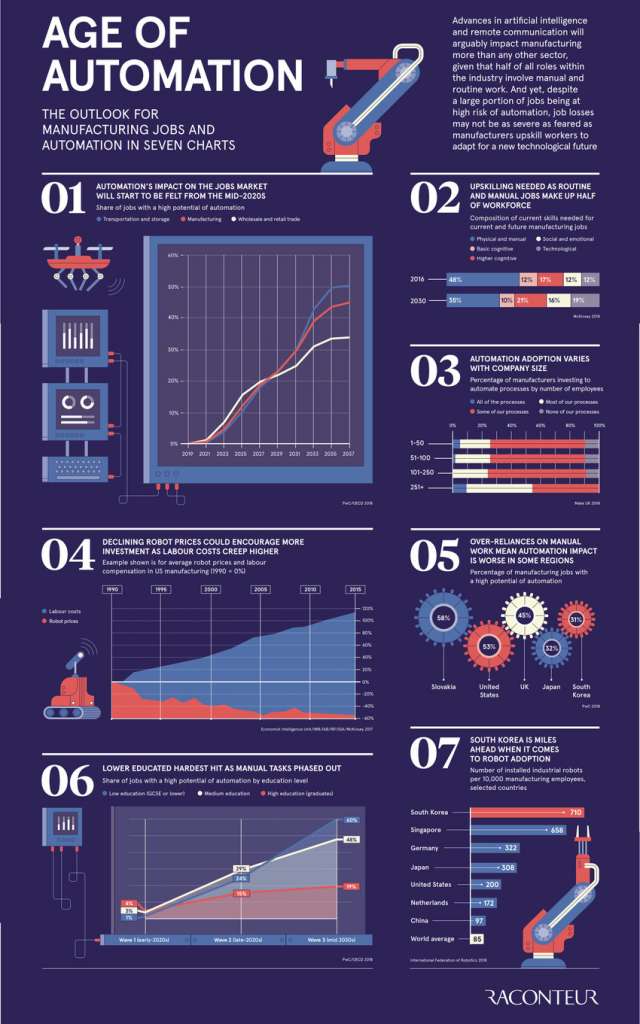Rather than structure my blog entry as a fun yet academic article, I want to make this entry more of a story meets an infinite amount of possible answers. For this, I start off with some background knowledge. While I was born and live in Luxembourg, a country known for its rich inhabitants, I stem from rather humble origins. Both my parents immigrated from Portugal to Luxembourg due to economic reasons, and both worked minimum-wage jobs: my dad as a carpenter, and my mom as a saleswoman/cleaning lady. This instilled in me a deep respect and interest in manual labour. Being a political science major, I often imagine where my parents would stand on economic decisions that might affect them, or more generally, where do poor people fit in all the big schemes for political development?
Here is where I would like to thank my parents for their hard-working and loving devotion they put into bringing my brother and me to Luxembourg, which as a citizen entitles us to social funds for higher education, which is what allows me to be at Leiden and write these blogs. To my mom and dad, I would like to say I’m sorry I was not always loving of my origins, but the cultural traits I fought so hard against are the strongest ones guiding me now.
Enough crying + way too personal introspection into my life, back to “What the heck has this to do with the !! DiGiTaL !! ?!?”
As you might have noticed the word ‘manual labour’ is in bold, which shows that it is important. Having access to academic sources and the internet (mainly the Internet, not gonna lie), I started to become interested in the evolution of our civilization, and an almost unstoppable force coming towards us is the process of automation. This is not even a vision of the future as it is already happening, by such auto-cleaning devices as the Roomba, or auto-manufacturing procedures in the production of almost anything. Robots are becoming cheaper, and employing people just doesn’t become profitable. A human that works for 8 hours, needs breaks and food, will never perform at the same rate as a machine that doesn’t ever grow tired, hungry or sleepy.

https://www.weforum.org/agenda/2019/02/the-outlook-for-automation-and-manufacturing-jobs-in-seven-charts
But so what? Companies are just gonna make all that money and not distribute it back to the people?!?
Great question, Italics-Me! Some predict that automation will dispense almost 50% of manual labour off their duties by 2050, and those prospects are not likely to diminish. The dynamics of wealth distribution have to change, and better sooner than later. This doesn’t mean, however, that companies have now to be dissolved, but their profit has to be guided by fair redistribution to the commons. It is the commons that maintain the company structure alive through their transactions, and so some duties on part of the companies thus arise. While there are many possibilities to how this might be done, I personally like the idea of a UBI, Universal Basic Income, which pretty much means that the profit of the companies + our taxes are given in part back to us by an adjusted income that will allow us to pursue a reasonable and decent life as the null-scale basis for all, no matter what social status. In order to illustrate you in a fun and creative way what this entails, I leave attached a video by Kurzgesagt, which is an awesome Youtube Channel that explains awesome phenomena, such as Automation, UBI, Addiction, Black Holes, etc. I would also love to hear from y’all in the comments what you guys think about the future, automation, and all this? and thank you for reading!



Italics-You poses some real good questions hahaha 😉 Very concise and thought-provoking piece; especially as I completely relate to the detachment one often takes from their origins only to later re-explore them in the light of their personal self-development (which also often only happens IF you take a little space to look clearly at it all). I honestly hadn’t heard much of this Universal Basic Income notion so I really appreciate being informed!!